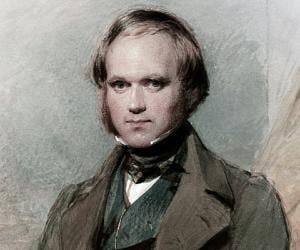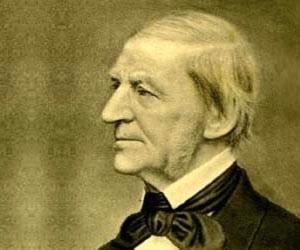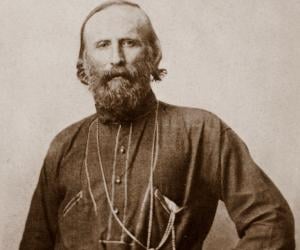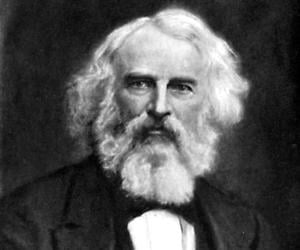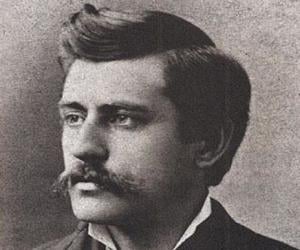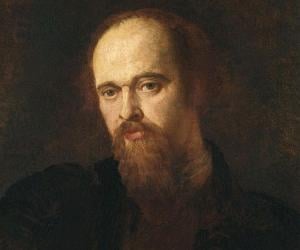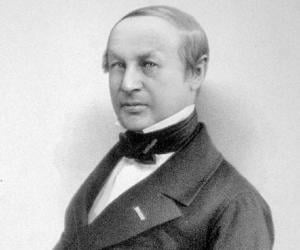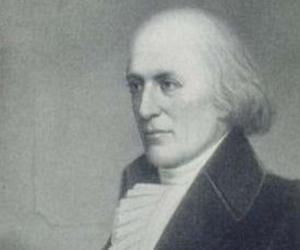Widely regarded as one of the most influential personalities in the history of mankind, Charles Darwin was an English biologist, naturalist, and geologist. He is credited with publishing the Theory of Evolution, which explains the evolution of life from a unicellular organism to human beings. A prolific writer, Charles Darwin also wrote important books on plants and barnacles.
Ralph Waldo Emerson was an American philosopher who led the transcendentalist movement that developed in the eastern United States in the 1820s and 1830s. He is credited with popularizing individualism through his numerous lectures and essays. Emerson influenced many thinkers and writers that followed him; he mentored Henry David Thoreau, who went on to become a leading transcendentalist.
Mary Todd Lincoln was the wife of Abraham Lincoln. She played an important role during the American Civil War as she worked hard to keep the morale of the country high throughout the war. Mary invariably finds a place in stories and biographies written about Abraham Lincoln as she was seated next to him when he was killed.
Italian general, patriot, and republican Giuseppe Garibaldi is remembered for the role he played in the Italian unification and the creation of the Kingdom of Italy. He is considered one of Italy's "fathers of the fatherland." A highly proficient military general, he also led the Expedition of the Thousand on behalf of Victor Emmanuel II. He died in 1882.
Known for founding the Pre-Raphaelite Brotherhood, Dante Gabriel Rossetti was a legendary poet and painter of the 19th century. His illustrations also adorned the books of his poet sister Christina Rossetti. Known for volumes such as The House of Life, he also influenced the Aesthetic movement.
Theodor Schwann was a German physiologist and physician best remembered for his important contributions to biology. He is credited with discovering the Schwann cells, which is named after him. He is also credited with discovering pepsin and the organic nature of yeast. Theodor Schwann also invented the term metabolism.
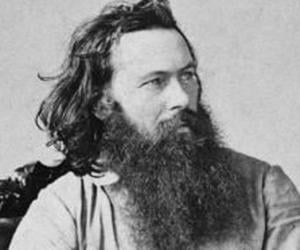
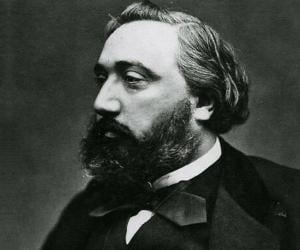
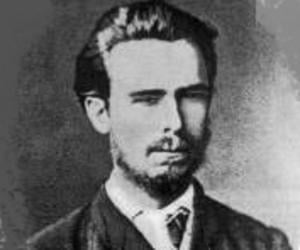
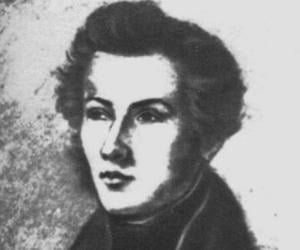
German philosopher Bruno Bauer is best remembered as a student of legendary German philosopher G. W. F. Hegel. Part of the group of intellectuals known as Young Hegelians, he was also a staunch Rationalist. He not only questioned the origin of Christ but was also accused of anti-semitism.
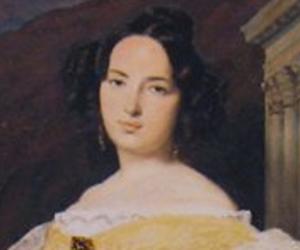
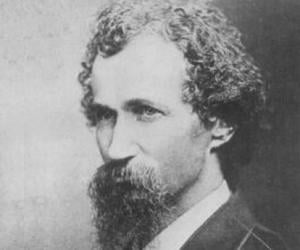
After losing his father at age 2, Henry Kendall was raised on a farm by his mother. The Australian bush poet is remembered for his depictions of nature in works such as Leaves from Australian Forests. Throughout his life, he continued to switch from one job to another.
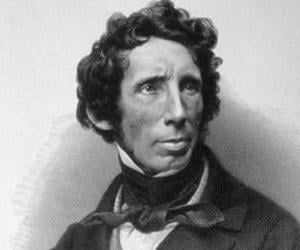
Friedrich Wöhler was a German chemist best remembered for his contribution to the field of inorganic chemistry. He was the first person to isolate the chemical elements yttrium and beryllium in pure metallic form. Friedrich Wöhler was also the first person to prepare many inorganic compounds such as silicon nitride and silane.
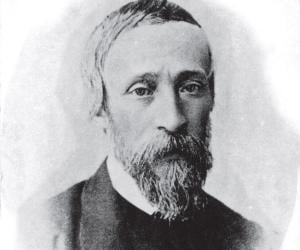
One of the pioneers of the European oil industry, Ignacy Łukasiewicz was a Polish pharmacist who not only invented the kerosene lamp but also co-established the first petroleum extraction company and invented Europe’s first modern street lamp. As an affluent man, in his later years, he also became a prominent philanthropist.
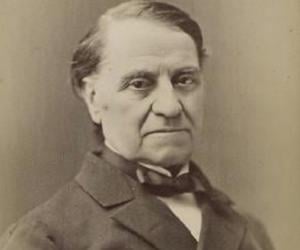
French socialist and politician Louis Blanc is best remembered for supporting the formation of "social workshops" led by workers. He initially studied law, before he started writing for journals and then eventually launched his own newspaper, Revue du progress, which published his most notable work L’Organisation du travail.
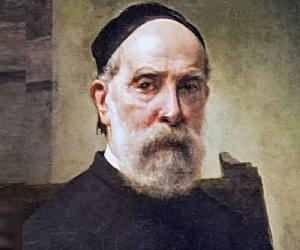
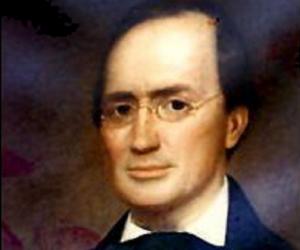

While Archibald Campbell Tait, the Archbishop of Canterbury, is best remembered for trying to mitigate the Church of England conflict during the Oxford Movement, his contributions in other fields were of no less importance. His inauguration of the Bishop of London's Fund and his work on the Royal Commission on Ritual are still remembered by one and all.
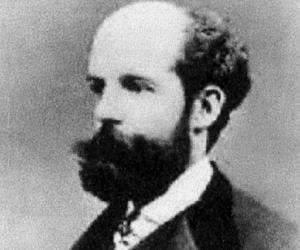
Georges Leclanché was a 19th-century French electrical engineer who invented what became known as the Leclanché cell. His invention is considered the forerunner of the modern dry cell battery. He was educated at École Centrale des Arts et Manufactures and had a successful engineering career. He later founded the cells factory "Leclanché-Barbier" with Ernest Barbier.
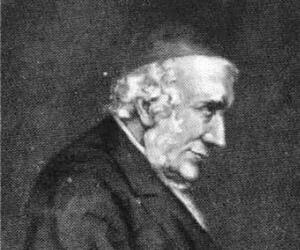

A practicing physician, Henry Draper later taught at the New York University medical school. However, he later devoted all his time to his passion, astronomy, photographing celestial bodies and following in his doctor and amateur astronomer father’s footsteps. He was the first to photograph a stellar spectrum and a nebula.
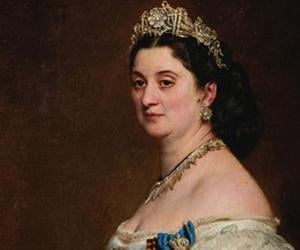
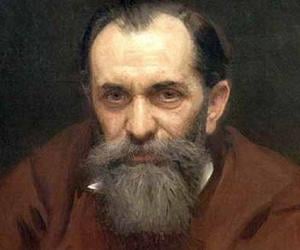
Vasily Perov was a Russian painter who played an important role in the Realist movement in Russia. He is credited with co-founding one of the most popular groups of Russian realist artists called Peredvizhniki. Over the course of his career, Vasily Perov received several prestigious awards and honors like the grand gold medal from the Russian Academy of Arts.
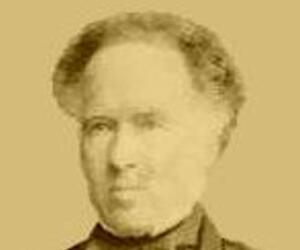
Astronomer and physicist James Challis had been a professor of astronomy and the director of the Cambridge Observatory. Throughout his career, he published over 200 academic papers. Though he had observed Neptune a month before its official discovery, he had failed to identify as a separate planet.

Hungarian poet Janos Arany is regarded by many as the Shakespeare of ballads. Best known for his iconic epic poem Toldi, which was part of a trilogy, he had also been associated with the Hungarian Academy. He had initially been part of the Hungarian Revolution and later also taught for a while.

Estonian writer and physician Friedrich Reinhold Kreutzwald is regarded as father of the national literature for Estonia. He is best remembered for authoring the epic poem Kalevipoeg that is considered the Estonian national epic. It is considered that Kreutzwald wrote the first original Estonian book. He was also noted as a leader of the national awakening.

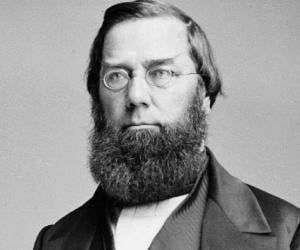
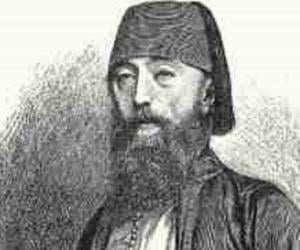
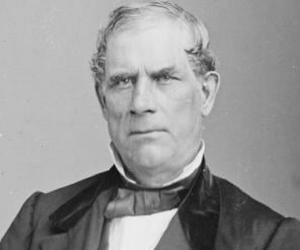
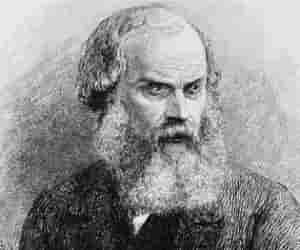
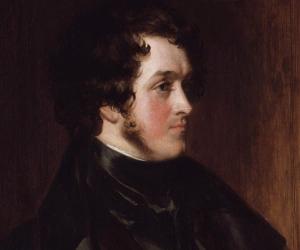
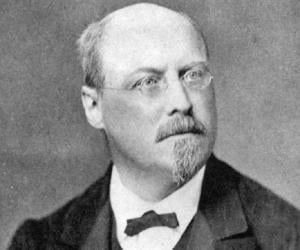
Joachim Raff was a German-Swiss pianist, pedagogue, and composer. He is best remembered for his work at the Hoch Conservatory in Frankfurt where he served as the institute's first director. He contributed immensely to the success of the conservatory and employed a number of renowned musicians as teachers, including Clara Schumann.
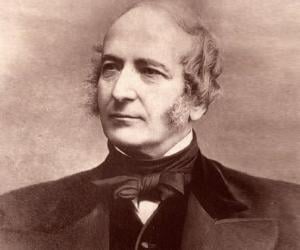
Glasgow-born civil engineer John Scott Russell is best remembered for his contribution to naval architecture. He was the first to build a naval battleship entirely made of iron, the HMS Warrior. His written works include the 3-volume The Modern System of Naval Architecture. He also discovered Russell's solitary wave.
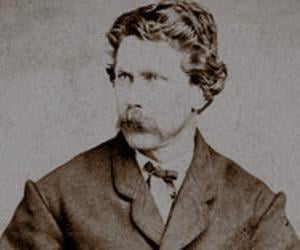

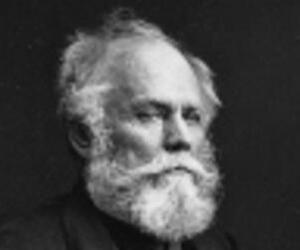
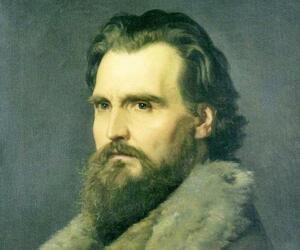
Giovanni Dupré was a 19th-century Italian sculptor considered one of the best of his era. He began his career working in his father’s workshop. In his early career, he also created many fakes of Renaissance sculptures. He earned much respect over the years and took many pupils. His daughter Amalia followed in his footsteps.
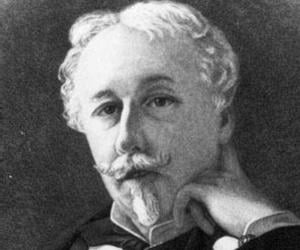
Arthur de Gobineau was a French aristocrat best remembered for his efforts to legitimize racism. He cited scientific racist theory as legitimate evidence in an attempt to coerce people into believing that the Aryan race is superior. He was also known as a novelist, travel writer, and diplomat among his contemporaries.


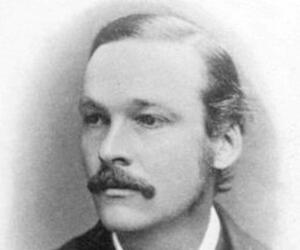
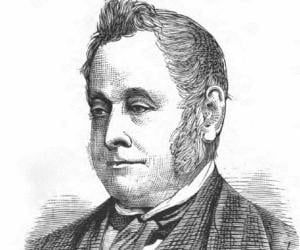

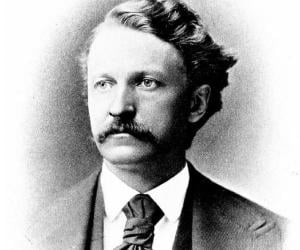
One of the founders of the American Society of Mechanical Engineers, Alexander Lyman Holley set up the first American steel plant using the Bessemer process technology, for Corning, Winslow & Company. Ten of his 15 American patents were related to the Bessemer process. He also received the Bessemer Gold Medal.
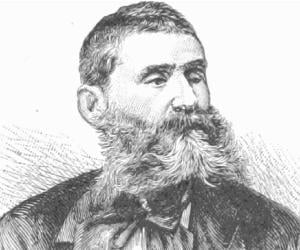
Italian explorer Carlo Piaggia is best known for his exploration of Lake Kyoga in Uganda and the upper Nile River system. Though he belonged to a poor family and had very little formal education, his thirst for knowledge led him to learn about the geography and natural history of African nations.
